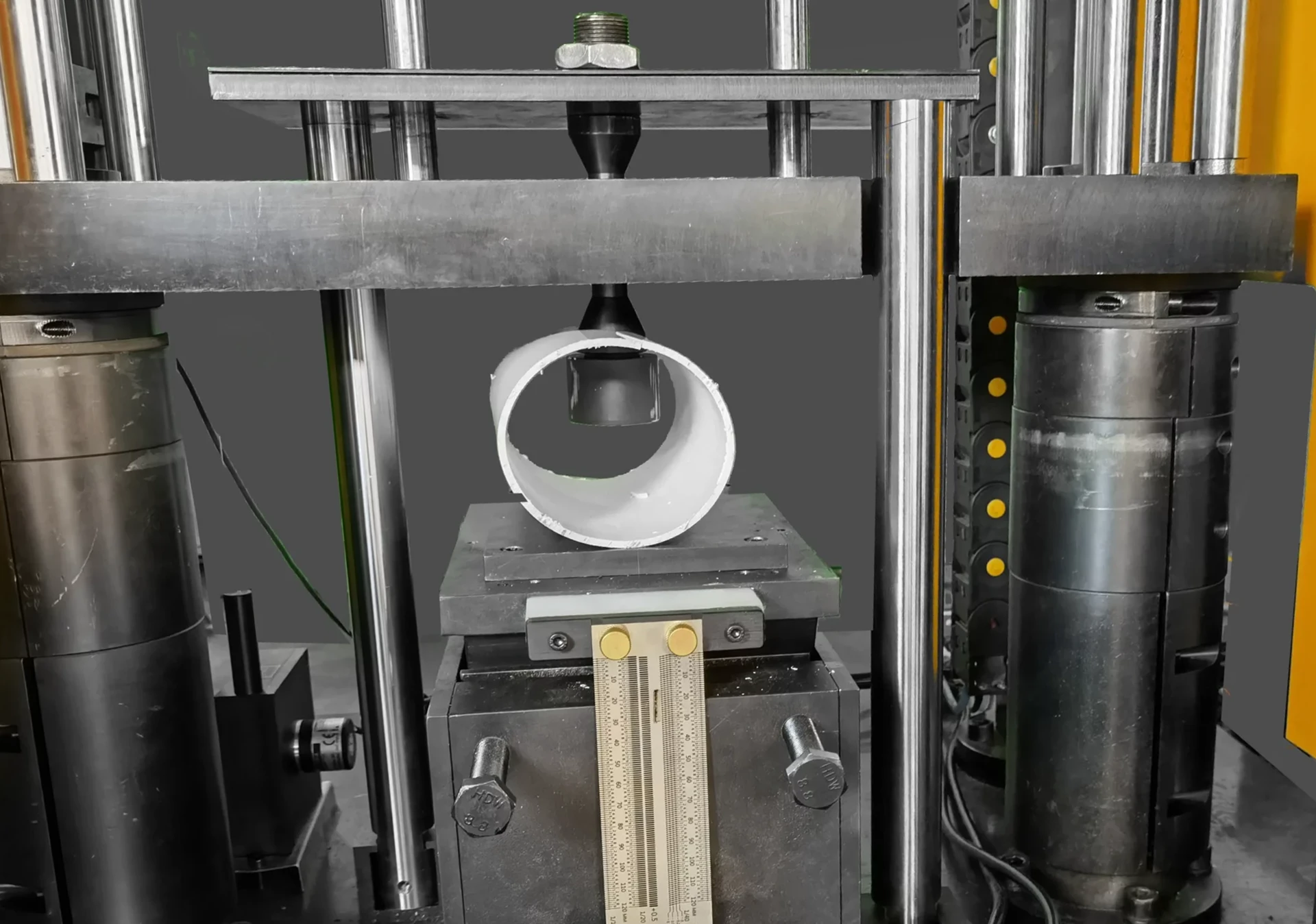ISO 7765-1 Impact Resistance of Packages
The ISO 7765 series is a comprehensive set of standards that address the mechanical testing of packaging materials and packages. Specifically, ISO 7765-1 focuses on determining the impact resistance of packages under various conditions to ensure they meet safety and regulatory requirements.
The primary objective of this test method is to evaluate how well a package can withstand impacts without compromising its integrity or leading to potential hazards during handling or transport. This is crucial in sectors such as pharmaceuticals, electronics, and consumer goods where product damage due to improper packaging could lead to significant costs and liabilities.
The testing procedure involves subjecting the package to controlled impact forces using standardized equipment. The test setup typically includes a pendulum or drop hammer that imparts a specified amount of energy onto the package from different angles and heights. Specimens are carefully prepared according to ISO 7765-1 guidelines, which may include ensuring the correct orientation relative to the ground surface.
Following each test run, thorough inspection is performed to assess any damage or deformation that might have occurred during impact. Acceptance criteria are defined based on visual inspections and dimensional measurements post-impact. These standards ensure consistency across different laboratories conducting similar tests.
The importance of this testing cannot be overstated in industries where product safety is paramount. For instance, pharmaceutical companies rely heavily on robust packaging solutions to protect their products throughout distribution chains. By adhering to ISO 7765-1, manufacturers can demonstrate compliance with international standards and enhance consumer confidence.
- Pharmaceuticals
- Electronics
- Consumer goods
- Toys
The process involves multiple steps, starting with specimen preparation where packages are oriented correctly according to the standard. Then, they undergo rigorous testing using a drop hammer or pendulum device designed specifically for this purpose.
Post-testing inspections involve detailed examinations aimed at identifying any form of damage that could impact product safety. These checks help ensure that all components function as intended even after being subjected to simulated real-world conditions.
Accurate and consistent testing results are essential for effective quality control processes within manufacturing facilities. Compliance with ISO 7765-1 helps companies maintain high standards of performance across their supply chains while minimizing risks associated with product failures.
Industry Applications
- Packaging for pharmaceutical products
- Electronics packaging to prevent damage during shipping
- Consumer goods packaging ensuring durability and safety
- Toys packaging that must withstand rough handling
The ISO 7765-1 standard plays a critical role in these industries by providing a standardized approach to evaluating the impact resistance of packages. This ensures that all parties involved—manufacturers, distributors, and ultimately consumers—are protected against potential hazards.
For pharmaceutical manufacturers, ensuring proper packaging is vital for maintaining drug efficacy during storage and transportation. With electronics devices being increasingly sensitive to external forces, robust packaging becomes indispensable in preventing damage before reaching end users.
Quality and Reliability Assurance
- Ensures compliance with international standards for package integrity
- Aids in identifying weak points in packaging design early on
- Promotes the use of reliable materials that meet specified impact resistance levels
The ISO 7765-1 standard is integral to quality and reliability assurance programs because it provides a clear framework for conducting tests. By adhering to these guidelines, companies can identify potential issues early in the development process, thereby improving overall product safety.
Furthermore, this standard encourages the use of reliable materials that have been proven capable of withstanding specified impact forces without failure. This not only enhances consumer trust but also protects brand reputation by minimizing complaints related to damaged packages.
Customer Impact and Satisfaction
By incorporating ISO 7765-1 into their quality assurance protocols, businesses significantly enhance customer satisfaction. When customers receive undamaged products, they are more likely to remain loyal patrons.
The standard also contributes positively towards environmental sustainability goals by promoting the use of recyclable materials that pass stringent impact resistance tests. This dual benefit—safety and eco-friendliness—is highly valued in today’s market where both aspects play crucial roles in shaping consumer choices.





